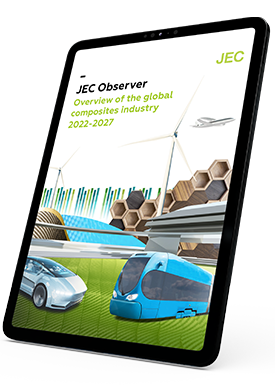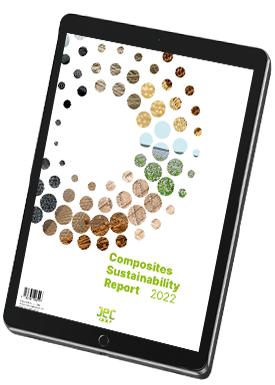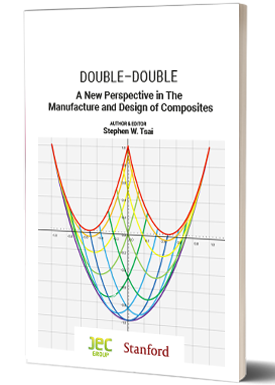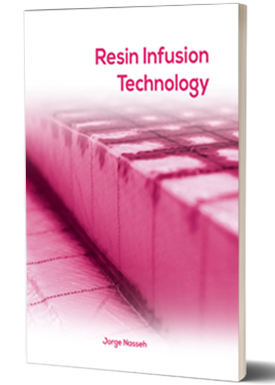Announcement
ISRO develops lightweight carbon-carbon nozzle for rocket engines, enhancing payload capacity
Read throughST Engineering and Bureau Veritas Sign Cooperation Agreement to Advance Wing-in-Ground Technology
Read through
Business
Belotti and Cosberg sign a technological partnership for the development of advanced and automated assembly solutions
Read through
Product & Technology




















